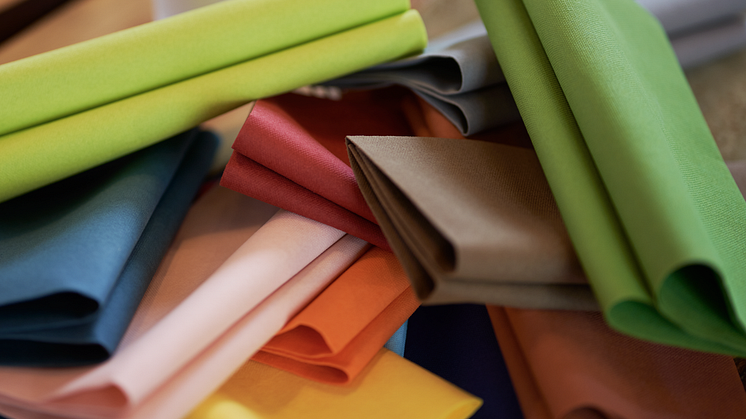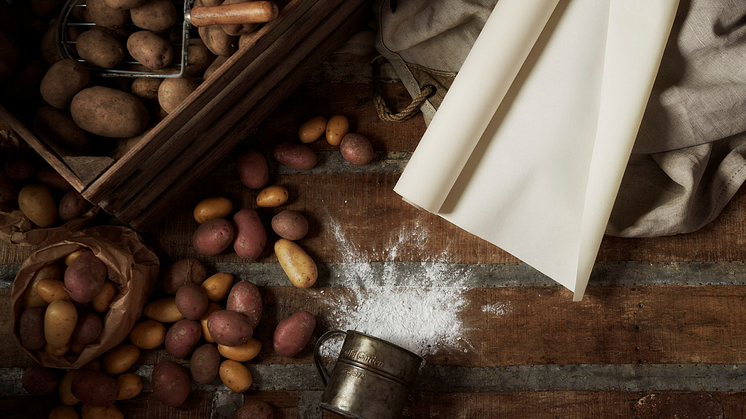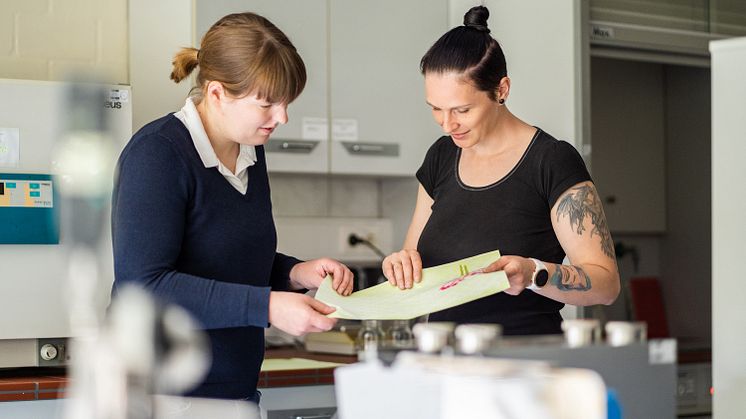
Blog post -
The new colours of sustainability
Last year, Duni launched its innovative premium napkins made from a fossil-free and fully renewable material. Now they are also available in all nature’s colours.
In a sustainable future, there will still be a need for disposable products and disposable solutions – but they need to be improved. To reach the next level in sustainable product solutions, Duni is launching a new collection of colourful premium napkins made from a fossil-free and renewable material. This collection proves that sustainability doesn’t have to be brown, but that it is possible to see a future coloured in both Mellow Rose, Mint Blue and other colours.
The new colourful Bio Dunisoft® premium napkins are bound together by a new innovative material using lemon peel, corn and other food waste. The development of this renewable material took place in collaboration with OrganoClick; an award-winning Swedish company honored for its OC-BioBinder™.
“We are proud to make the most out of our very important innovation that we have in Bio Dunisoft® by making it even more attractive and useful for the restaurant and hotel industry. Napkins don’t have to be brown to be more sustainable.” says Hanna Banica, Marketing Director at Duni.
The new napkins give restaurant- and hotel guests a colourful and premium experience, and at the same time it helps reduce our dependence on fossil raw materials.



